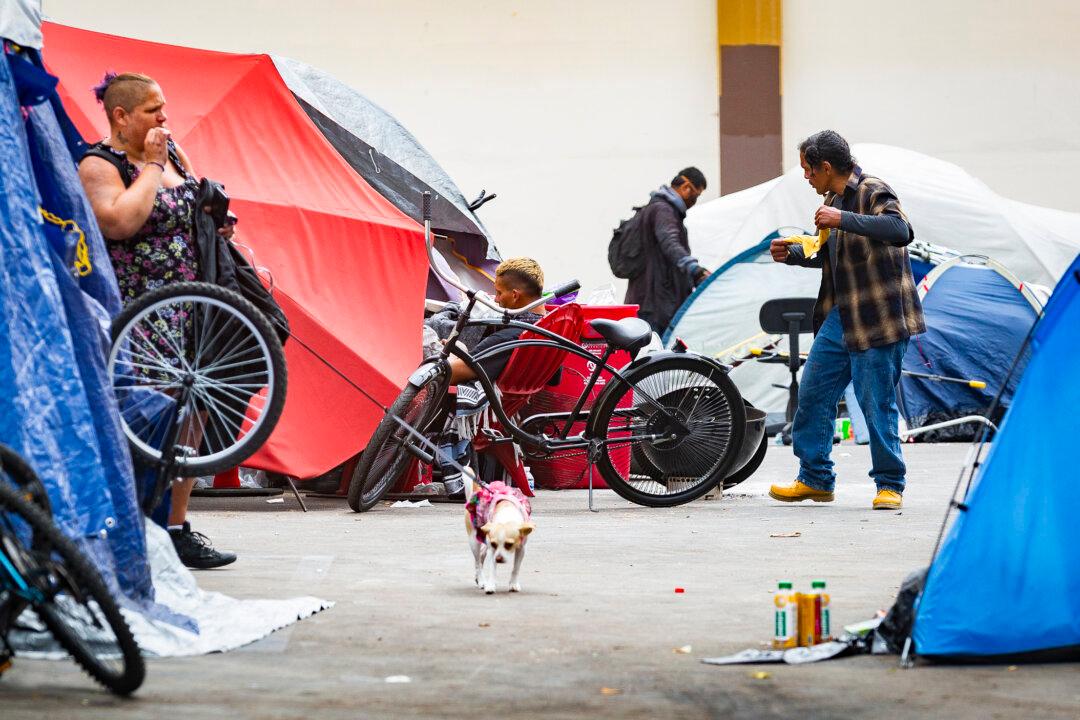A federal judge earlier this month rejected the city of Santa Ana’s request to dismiss a lawsuit against them by a Christian nonprofit organization, which claims the city is blocking religious exercise by preventing them from providing food to the homeless.
At issue is the city’s denial of an occupancy certificate to the nonprofit—called Micah’s Way—saying its distribution of food and drink to the homeless is in violation of the city’s zoning.





